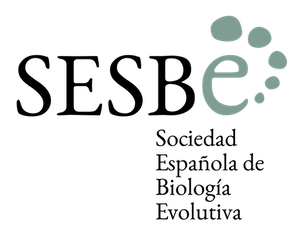Universi tat de València
tat de València
Institut Cavanilles de Biodiversitat i Biologia Evolutiva
SEMINARIS SOBRE EVOLUCIÓ I COMPLEXITAT
Ronald L. Numbers
Salon de actos del IATA (CSIC), Parc Científic.
Despite growing evidence to the contrary, evolutionists in the late twentieth and early twenty-first centuries clung to the belief that creationism could be geographically contained. In 2000 the usually reliable American paleontologist and anti-creationist Stephen Jay Gould, assured foreign audiences that creationism was not contagious. “As insidious as it may seem, at least it’s not a worldwide movement,” he said reassuringly. “I hope everyone realizes the extent to which this is a local, indigenous, American bizarrity.” Although Gould remained oblivious to it, the worldwide growth of creationism by 2000 had already proven him utterly wrong. Antievolutionism had become a global phenomenon, as readily exportable as hip-hop and blue jeans. In the past few decades it has quietly spread from America throughout the world and from evangelical Protestantism to Catholicism, Eastern Orthodoxy, Orthodox Judaism, and, especially, Islam.
Ronald L. Numbers is Hilldale Professor of the History of Science and Medicine and a member of the department of medical history and bioethics at the University of Wisconsin-Madison, where he has taught for over three decades. He has written or edited more than two dozen books, including, Darwinism Comes to America (Harvard University Press, 1998), Disseminating Darwinism: The Role of Place, Race, Religion, and Gender (Cambridge University Press, 1999), coedited with John Stenhouse, When Science and Christianity Meet (University of Chicago Press, 2003), coedited with David Lindberg; The Creationists (Expanded Edition): From Scientific Creationism to Intelligent Design (Harvard University Press, 2006); and Galileo Goes to Jail and other Myths about Science and Religion (Harvard University Press, 2009), recently translated into Spanish (Biblioteca Buridán, 2010). For five years (1989-1993) he edited Isis, the flagship journal of the history of science. He is writing a history of science in America (for Basic Books), editing a series of monographs on the history of medicine, science, and religion for the Johns Hopkins University Press, and coediting, with David Lindberg, the eight-volume Cambridge History of Science. A former Guggenheim Foundation Fellow, he is a fellow of the American Academy of Arts and Sciences and of the American Association for the Advancement of Science and a member of the International Academy of the History of Science. He is a past president of the History of Science Society, the American Society of Church History, and the International Union of History and Philosophy of Science/Division of History of Science and Technology.

